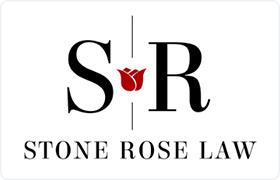Ash Fork Juvenile Law Lawyer, Arizona
Sponsored Law Firm
-
 x
x

Click For More Info:
-
Stone Rose Law
8010 E McDowell Road Suite 105 Scottsdale, AZ 85257» view mapCriminal Defense High-Quality & Affordable Representation
If you have been charged with a crime, you need experienced representation from a Phoenix criminal lawyer at Stone Rose Law.
800-964-0510
M Alex Harris
Juvenile Law, Other, Public Schools, Criminal
Status: In Good Standing Licensed: 28 Years
Pennie J Wamboldt
Juvenile Law, Other, Family Law, Divorce & Family Law
Status: In Good Standing Licensed: 21 Years
A Douglas LaSota
Criminal, Federal Appellate Practice, Family Law, Juvenile Law
Status: In Good Standing Licensed: 44 Years
David Paul Gordon
Commercial Real Estate, Juvenile Law, Criminal, Personal Injury
Status: In Good Standing Licensed: 56 Years
Patti Marie Wortman
Juvenile Law, State Government, Public Law, Criminal
Status: In Good Standing Licensed: 34 Years
Patti Marie Wortman
Juvenile Law, Other, State Government, Criminal
Status: In Good Standing Licensed: 34 Years
 Steven Scharboneau Scottsdale, AZ
Steven Scharboneau Scottsdale, AZ Practice AreasExpertise
Practice AreasExpertise
